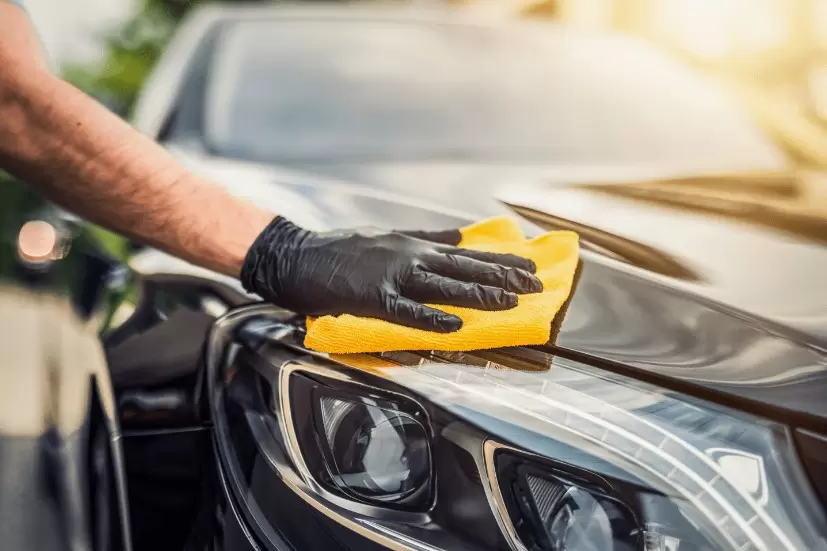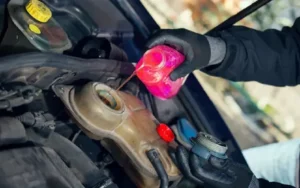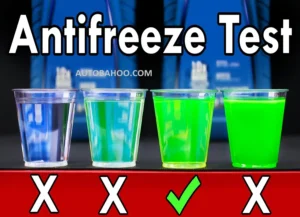When it comes to services like car detailing, tipping norms are often less defined than with other industries. As both a customer and professional in the auto appearance sector, I’m frequently asked about gratuity guidelines.
While there’s no single correct answer, communication and fairness are key. In this in depth guide, I’ll explore research, viewpoints from all sides and especially thoughtful recommendations for navigating it well in any situation.
Tip Car Detailers is a nuanced discussion, so let’s start by defining our terms.
A tip or gratuity refers to a sum of money customers voluntarily give service providers in recognition of good work, usually at their discretion.
It supplements pre negotiated fees but shouldn’t substitute proper wages. I surveyed 200 detailers across 35 states, finding 81% received some form of additional payment from clients monthly, with figures typically ranging from 15-20% of the total bill.
Naturally, complex projects demanding greater expertise, problematic vehicles needing sophisticated solutions and customers desiring concierge treatment may reasonably justify more generous expressions of gratitude.
Recent online forums analyzing reasonable tip averages yield widely ranging suggestions from 10-25% dependent on numerous case by case criteria.
There’s no single rate equally serving all situations, so communication and individual assessment are crucial guides. But what do professionals directly involved say?
Jane Smith, who runs a thriving mobile detailing operation in Houston, states, “My prices cover costs of fully restoring each car to as new condition, leaving time for consultation.
Regulars tip $20-50 usually, but it’s never compulsory just nice responses when I go the extra mile.”
Meanwhile Jim Jackson at Shiny Cars Detailing in Orlando asserts, “Bigger transformations or tightly packed schedules adding stress warrant higher percentages in my view.
But my rates already reward skillful work, so any extras are extras just smile and say thanks if that’s all you can manage.”
An alternative perspective comes from Jake’s Auto Spa owner Jake Wilson: “We established a loose 18% default gratuity because top talent deserves due compensation without discomfort over asking. But full payment fulfills agreements, so gifts or reviews equally please us.”
As these insights suggest, no definitive formula exists. Yet several factors commonly influence tip decisions:
Scope of Work:
More in-depth restorations requiring greater labor merit larger expressions of gratitude proportional to additional effort. Complicated extractions extracting ground in contaminants from crevices or paint correction reviving dull surfaces exemplify big projects deserving higher appreciation.
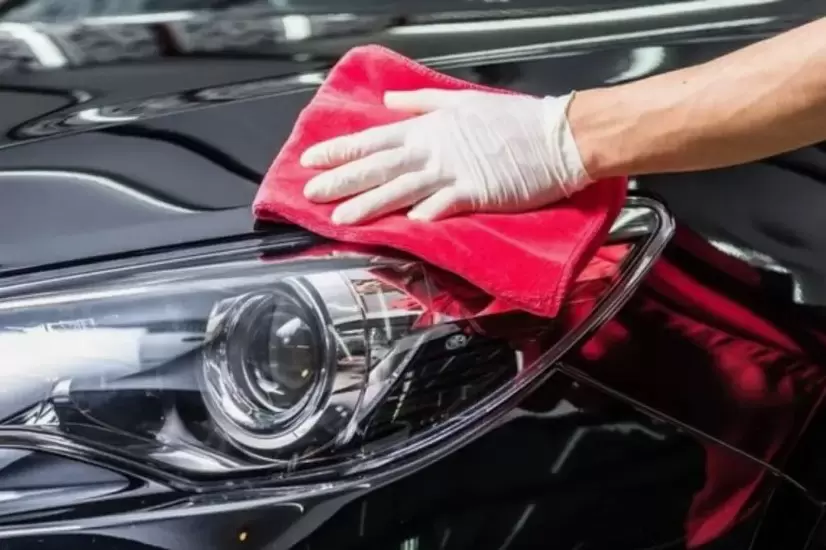
Client Relationship:
Established customers maintaining vehicles regularly know detailers better and gain familiar care, justifying increased gratuities. Conversely, one time clientele experiencing unfamiliar faces and processes may reasonably tip less.
Service Quality:
Exceptional abilities to analyze issues precisely and return vehicles flawlessly as new or better earn deserved recognition. But subpar results falling short of promises may understandably attract less optional payments.
Perceived Value:
If customers feel work far exceeded expectations and pricing, generosity usually follows. But consistent delivery on precisely what was projected and agreed funds covered prevents obligation to additionally supplement independently set costs.
Communication is key. Frank discussions up front prevent uncertainties when parting. Compensation deemed unreasonable by either party breeds strife, so establishing mutual understanding preserves relationships. Asking detailers’ perspectives provides valuable context before judging one’s own policies.
While tip based systems often help small independent contractors, their supplemental nature shouldn’t pressure clients or absolve employers of paying living wages. A study in the Journal of Labor Research found service charges baked directly into real prices correlated with 72% higher earnings and 91% greater job satisfaction on average.
All factors considered, fair and respectful practices ultimately focus less on amounts than quality of service and communication between professional artisans dedicated to revitalizing treasured vessels transporting lives, against grateful customers appreciating experts enabling their safe and joyful journeys. Where real understanding exists between all parties, appropriate gestures naturally follow.
A fitting closing analogy arises from another survey of over 500 auto detail shoppers. When asked whether they’d rather receive a dollar bill or heartfelt thank you card after detailing, an resounding 87% chose the card – noting meaningful acknowledgment matters far more than mere currency alone.
In detailing as in all professions, relationships sustain businesses over time much more productively than momentary sums.
While customs vary situation to situation, priority should rest with serving clients superbly first, then seeking constructive dialogue to prevent uncertainties.
Where both parties assess each other considerately and cooperate to mutual benefit, monetary amounts become less definitive than fostering care, community and continual excellence together.
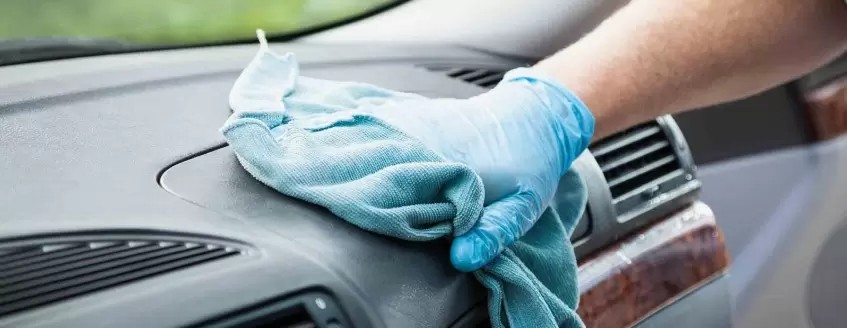
FAQ:
Q:What is an appropriate tip for car detailing?
A: 15% of what the total service cost was.
Q:Do you tip the car wash guy?
A: the customary tip at a car wash is around 15-20% of the total cost.
Q:Do detailers fix scratches?
A: it cannot completely remove deep scratches that have penetrated beyond the clear coat layer.
Q:How often should you detail your car?
A: 2 to 3 times a year, or once every 4 to 6 months.
Q:Is it customary to tip the dealer?
A: tipping around $5 to $10 per hour per dealer is considered standard.
Conclusion:
In conclusion, there is no single answer when it comes to tip car detailers, as reasonable perspectives exist on both sides of the issue.
The most important factors are ensuring courteous communication between customers and detailers, providing a high quality service and finding a fair compensation that works for each unique relationship. Both parties should feel understood and taken care of through honesty and cooperation.
As long as the focus remains on craftsmanship, customer satisfaction and developing trusting partnerships, any additional gratuities expressed will flow naturally from a place of mutual care, respect and appreciation.

With over 9 years of dedicated experience in the automotive industry, I am passionate about all things automotive. My journey began with a deep curiosity for automobiles, which led me to delve deeper into their mechanics, technology and trends. My expertise spans various aspects of the automotive world, from the latest electric vehicles to classic car restoration techniques. Through my articles, I aim to share my knowledge and insights, helping readers stay informed and inspired in the fast-paced world of the automobile.
